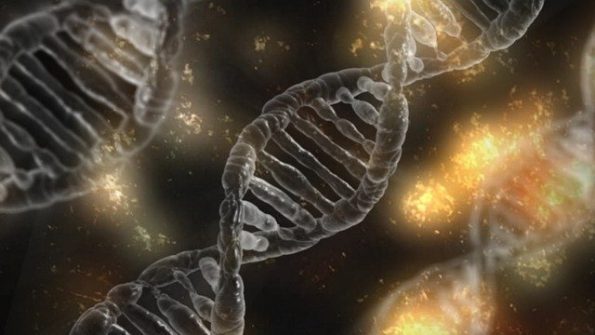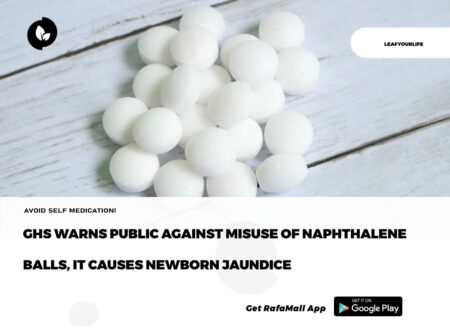Study provides hints about the factors that govern reproductive lifespan — and how they could eventually be harnessed to extend fertility.

A study of more than 200,000 women has revealed hundreds of genetic variants involved in determining the age at which they experienced menopause.
Many of the 290 variants govern how the body responds to immature eggs with damaged DNA1, highlighting the importance of these processes and suggesting that they could one day be harnessed to extend people’s natural reproductive lifespans, or improve the success rate of in vitro fertilization techniques.
The catalogue of genes might also help researchers to create a diagnostic test that allows women to better predict when their menopause might occur. “In an ideal world, we’d be able to predict which women have a shorter natural fertility window, to allow them to make more informed reproductive choices,” says John Perry, a geneticist at the University of Cambridge, UK, and a lead author of the study. “Currently, most women are completely unaware of what that window might be.”
Egg inventory
Most people who are assigned female at birth (including cisgender women, transgender men and some non-binary and intersex people) are born with all of the cells that will become their eggs already in their ovaries. Over time, some of these cells, called oocytes, will mature into eggs and be released during ovulation. The body will destroy other oocytes found to contain damaged DNA.
This loss of immature eggs accelerates with age, because DNA repair mechanisms become less effective and allow more damaged DNA to accumulate. By the time menopause sets in — typically at around 50 years of age — the ovarian store of eggs is depleted. Fertility often declines dramatically about a decade before menopause.Mini reproductive system on a chip mimics human menstrual cycle
But age at menopause varies widely, and is influenced both by environment and by genetics. To understand the genetic factors, Perry and his colleagues gathered data on 200,000 cisgender women of European ancestry. The researchers then looked for genetic sequences that seemed to influence the age at which a participant underwent menopause, and confirmed their results using data from about 80,000 women of East Asian ancestry.
The discovery of 290 variants linked with time of menopause more than quintuples the number of known genetic influences on reproductive lifespan, and accounts for about 10% of the variation in age at menopause. Individual variants are associated with menopause being either earlier or later, by weeks or even years. The biggest effect appeared in women who had lost the function of a gene called CHEK2, which caused an average 3.5-year delay in menopause.
That gene produces the CHEK2 protein, which can cause a cell with damaged DNA to stop dividing, or trigger it to self-destruct. Perry and his colleagues found that ovarian reserves of immature eggs lasted longer in mice with no CHEK2 than in mice with a two functional copies of the gene. Mice without CHEK2 also responded more strongly to hormones used to stimulate the release of immature eggs for in vitro fertilization procedures.
Furthermore, the team found that mice with an extra copy of a gene called CHEK1, which is involved in DNA repair, had more immature eggs in their ovaries — both at birth and later in life — than did those with only two copies of the gene.
Health implications
The idea of targeting CHEK proteins to delay menopause is not ready to be tested in people, but the results raise the hope that treatments could be developed to improve infertility therapies or prolong reproductive lifespan. Even so, researchers would need to take care that interfering with CHEK2 does not result in the preservation of unhealthy eggs. “I think that enhancing DNA repair has very high promise in delaying menopause,” says Kutluk Oktay, a fertility specialist at Yale University in New Haven, Connecticut. “But abolishing checkpoints that get rid of damaged oocytes might be a risky proposition.”Why the sexes don’t feel pain the same way
There could be other health concerns: although delaying menopause is associated with a reduced risk of type 2 diabetes and poor bone health, it is also linked to a higher probability of hormone-sensitive cancers, such as some forms of breast cancer.
Study co-author Katherine Ruth, a geneticist at the University of Exeter, UK, says that the team has not yet found enough genetic variants to predict reliably whether any particular person might experience early menopause. “This is an area where we’re confident that we’ll be able to improve in the future,” says Ruth.
One way to improve the predictions might be to account for how the genetic variants interact with one another, says Ewelina Bolcun-Filas, who studies DNA damage and fertility at the Jackson Laboratory in Bar Harbor, Maine. But the timing of menopause can also be influenced by environmental factors such as smoking or obesity, she adds, which will complicate efforts to make predictions using genetics.
“We are talking about a trait involving hundreds, if not thousands, of external factors, such as lifestyle, environment, even diet,” agrees Roberta Venturella, a gynecologist, and obstetrician at the Magna Græcia University of Catanzaro in Italy. “It is clear that we are only at the beginning of a path that will last a long time.”











